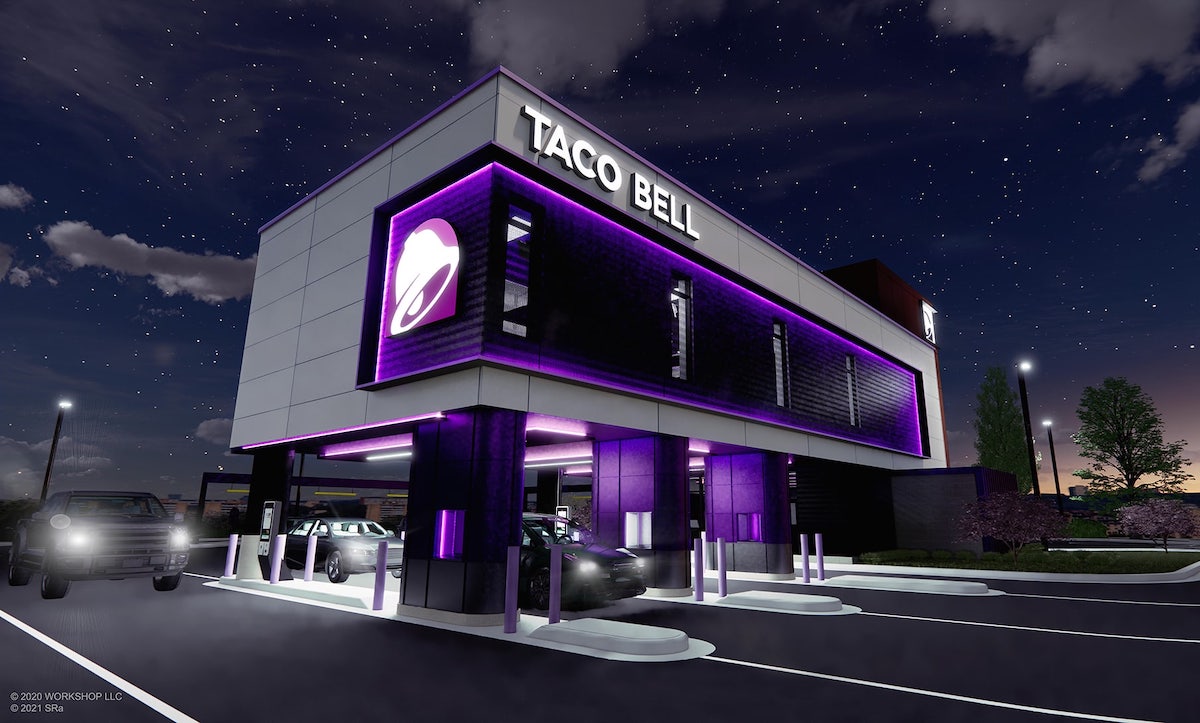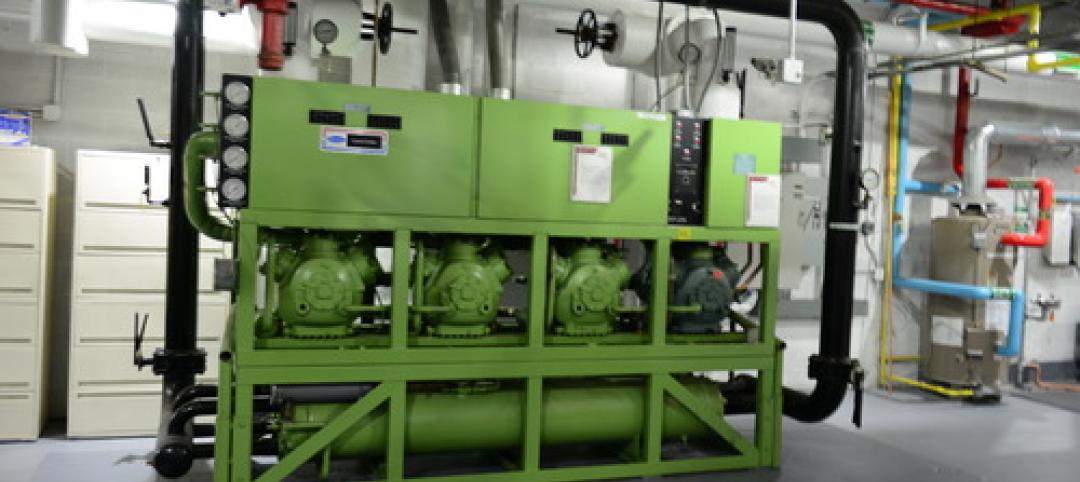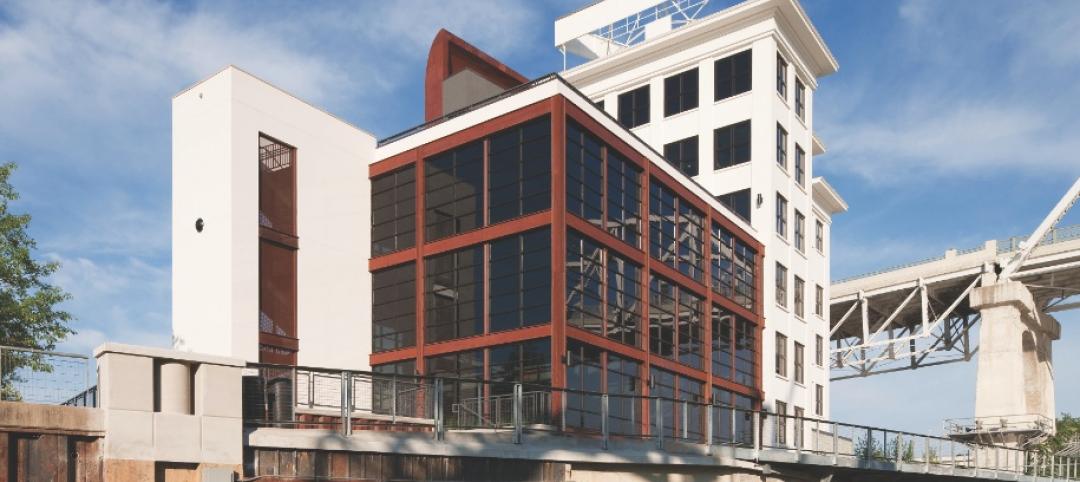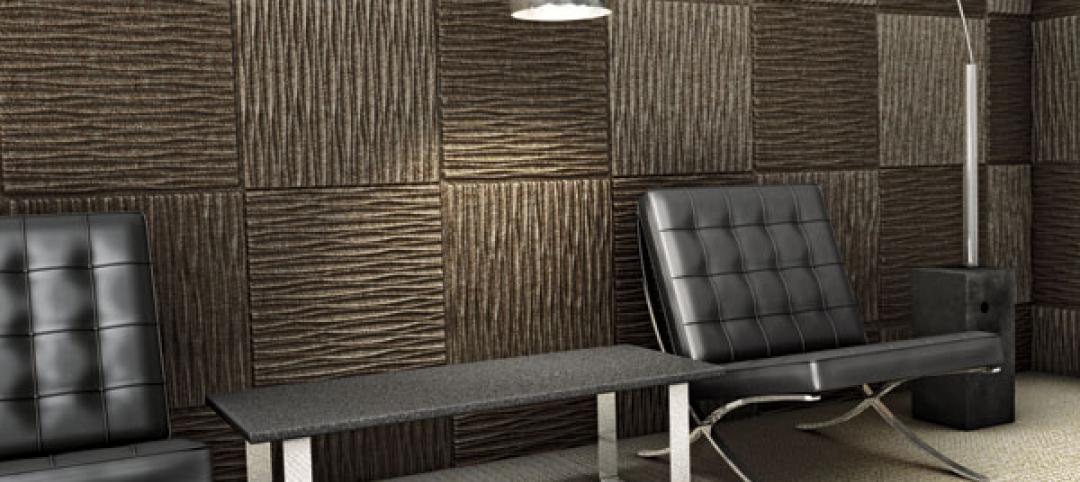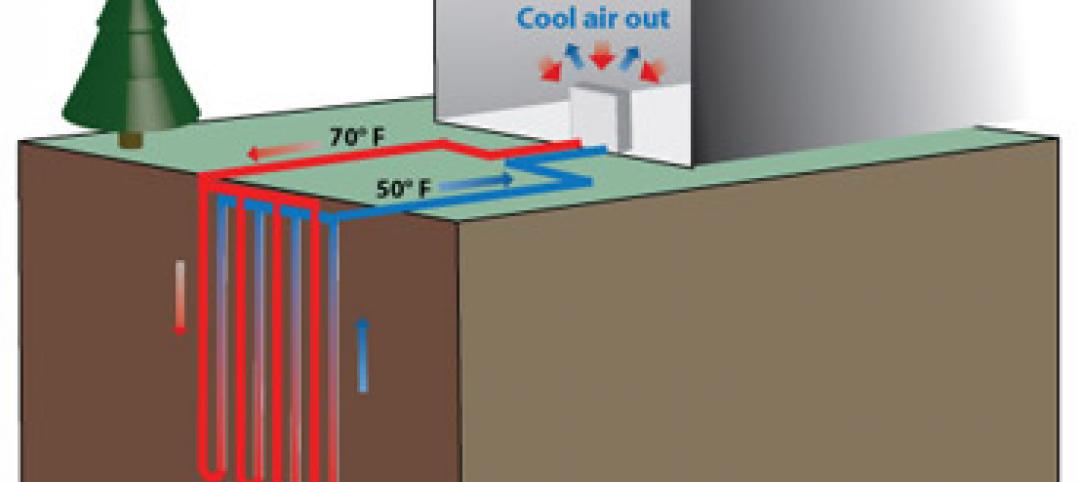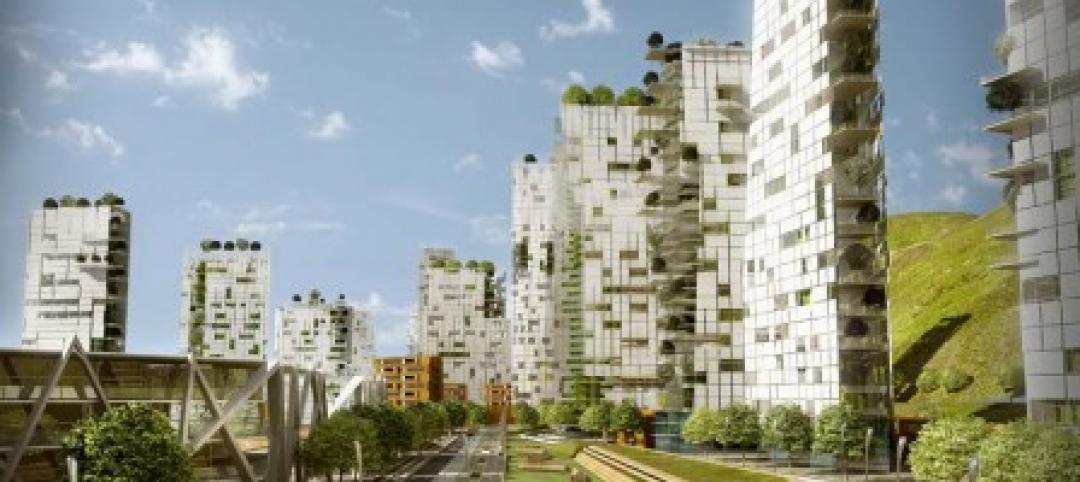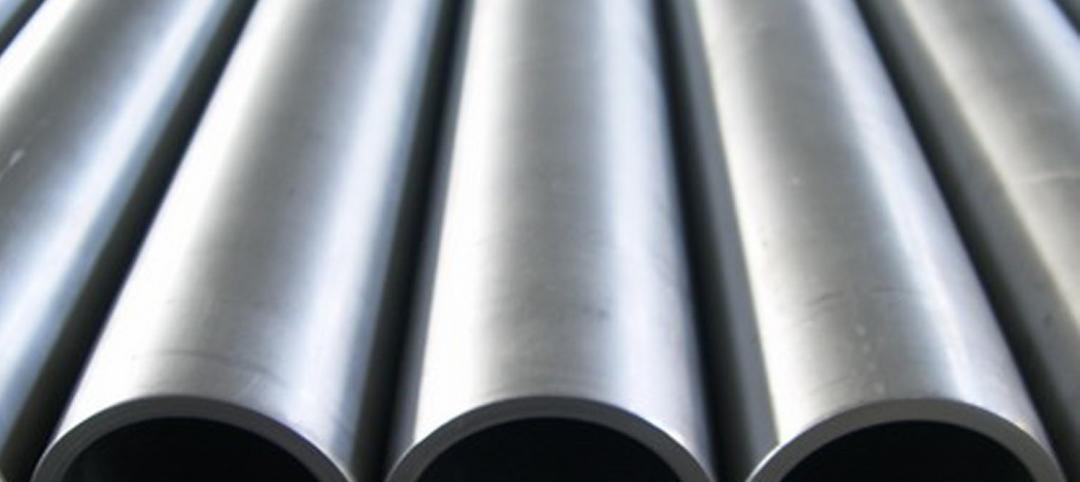Taco Bell Defy, an innovative new Taco Bell restaurant design that will “defy norms and define the future,” is set to break ground in Brooklyn Park, Minn., later this year.
The 3,000-sf, two-story restaurant concept features a first-of-its-kind Vertical Works-licensed design with a footprint that will be smaller than or equal to existing store footprints but have the ability to serve more customers. The project will reimagine the traditional drive-thru experience to create a new, contactless pickup experience that will be the fastest way ever to get Taco Bell.
The new drive-thru experience will feature four lanes, three of which are dedicated to mobile or delivery order pickups for customers who order through the Taco Bell app and third-party delivery services. The three lanes will supplement one traditional lane to ease the flow of traffic and ensure the speedy experience.
SEE ALSO: Chick-fil-A introduces modular building program for rebuilding and remodeling existing restaurants
Digital check-in screens will allow mobile order customers to scan in their order via a unique QR code. Customers can then pull forward to receive their food courtesy of a proprietary lift system that integrates two-way audio and video technology so customers can interact directly with the team members above in real time. This elevated kitchen design will optimize and streamline operations for the benefit of both team members and customers.
In addition to Vertical Works, Taco Bell Defy is also made possible by Border Foods, one of the largest privately held Taco Bell franchisees in America. Taco Bell Defy is slated to open to the public by summer 2022.
Related Stories
| Nov 25, 2013
Building Teams need to help owners avoid 'operational stray'
"Operational stray" occurs when a building’s MEP systems don’t work the way they should. Even the most well-designed and constructed building can stray from perfection—and that can cost the owner a ton in unnecessary utility costs. But help is on the way.
| Nov 19, 2013
Top 10 green building products for 2014
Assa Abloy's power-over-ethernet access-control locks and Schüco's retrofit façade system are among the products to make BuildingGreen Inc.'s annual Top-10 Green Building Products list.
| Nov 15, 2013
Greenbuild 2013 Report - BD+C Exclusive
The BD+C editorial team brings you this special report on the latest green building trends across nine key market sectors.
| Nov 15, 2013
Metal makes its mark on interior spaces
Beyond its long-standing role as a preferred material for a building’s structure and roof, metal is making its mark on interior spaces as well.
| Nov 13, 2013
Installed capacity of geothermal heat pumps to grow by 150% by 2020, says study
The worldwide installed capacity of GHP systems will reach 127.4 gigawatts-thermal over the next seven years, growth of nearly 150%, according to a recent report from Navigant Research.
| Oct 30, 2013
11 hot BIM/VDC topics for 2013
If you like to geek out on building information modeling and virtual design and construction, you should enjoy this overview of the top BIM/VDC topics.
| Oct 28, 2013
Urban growth doesn’t have to destroy nature—it can work with it
Our collective desire to live in cities has never been stronger. According to the World Health Organization, 60% of the world’s population will live in a city by 2030. As urban populations swell, what people demand from their cities is evolving.
| Oct 25, 2013
$3B Willets Points mixed-use development in New York wins City Council approval
The $3 billion Willets Points plan in New York City that will transform 23 acres into a mixed-use development has gained approval from the City Council.
| Oct 23, 2013
Gehry, Foster join Battersea Power Station redevelopment
Norman Foster and Frank Gehry have been selected to design a retail section within the £8 billion redevelopment of Battersea Power Station in London.
| Oct 18, 2013
Researchers discover tension-fusing properties of metal
When a group of MIT researchers recently discovered that stress can cause metal alloy to fuse rather than break apart, they assumed it must be a mistake. It wasn't. The surprising finding could lead to self-healing materials that repair early damage before it has a chance to spread.


